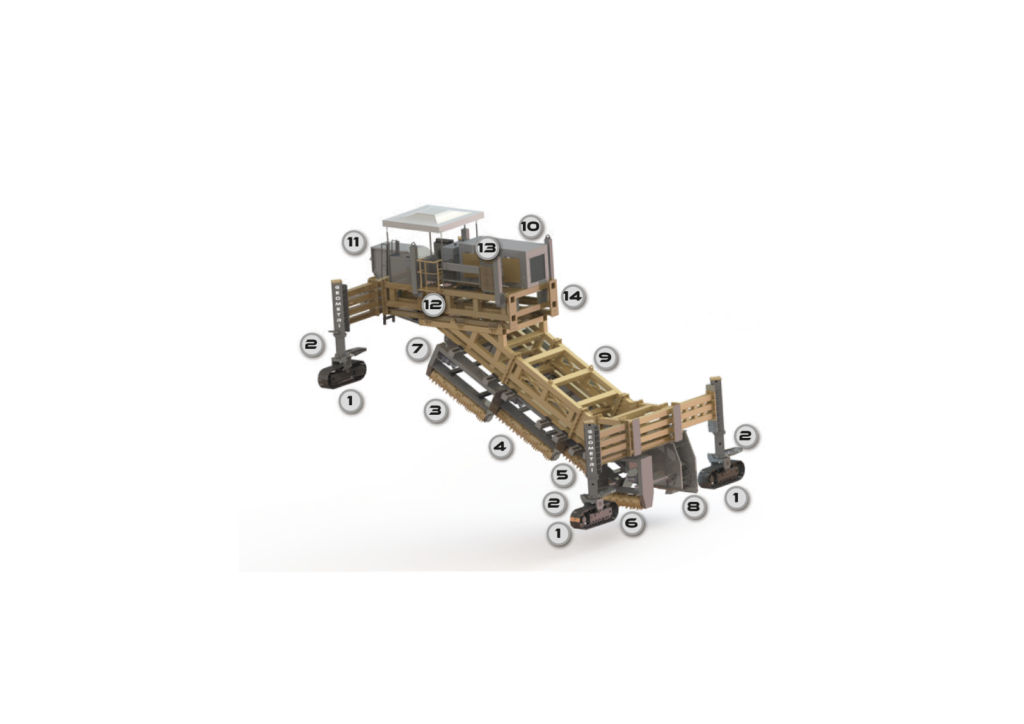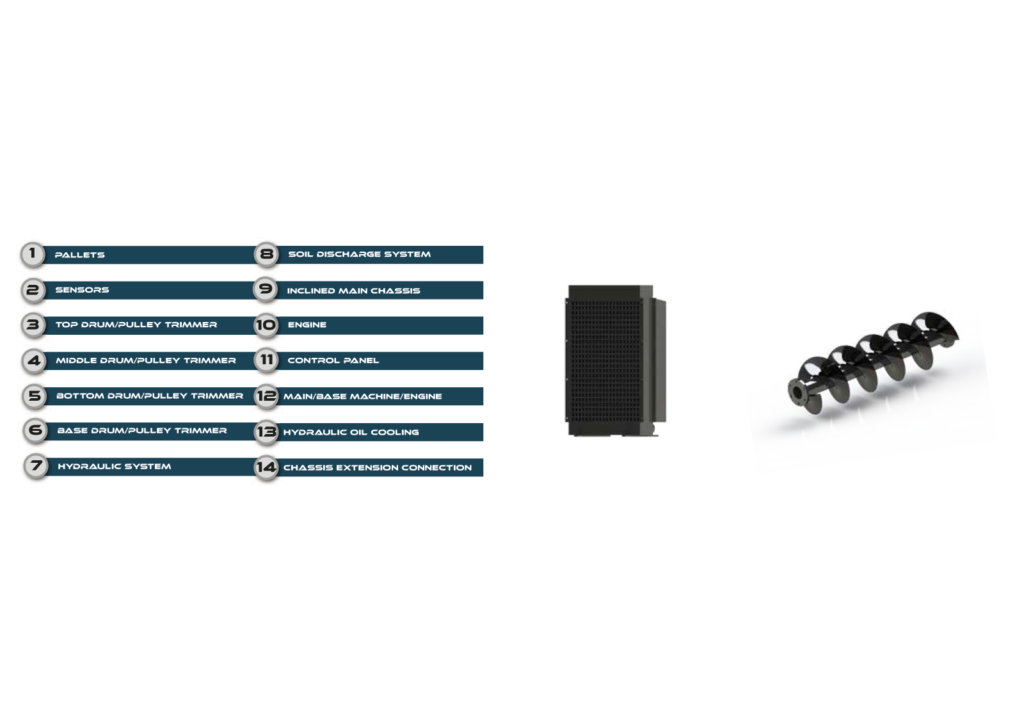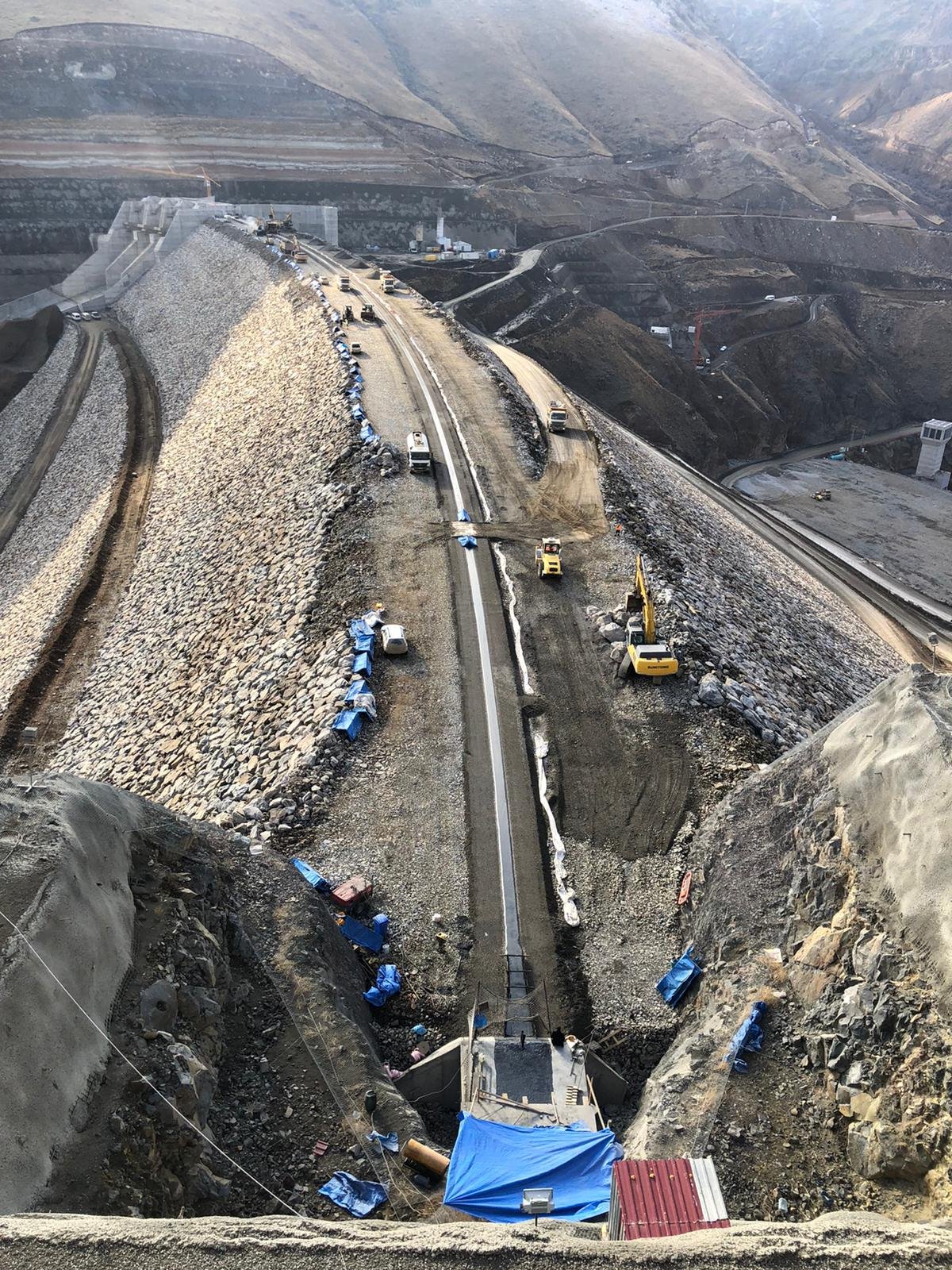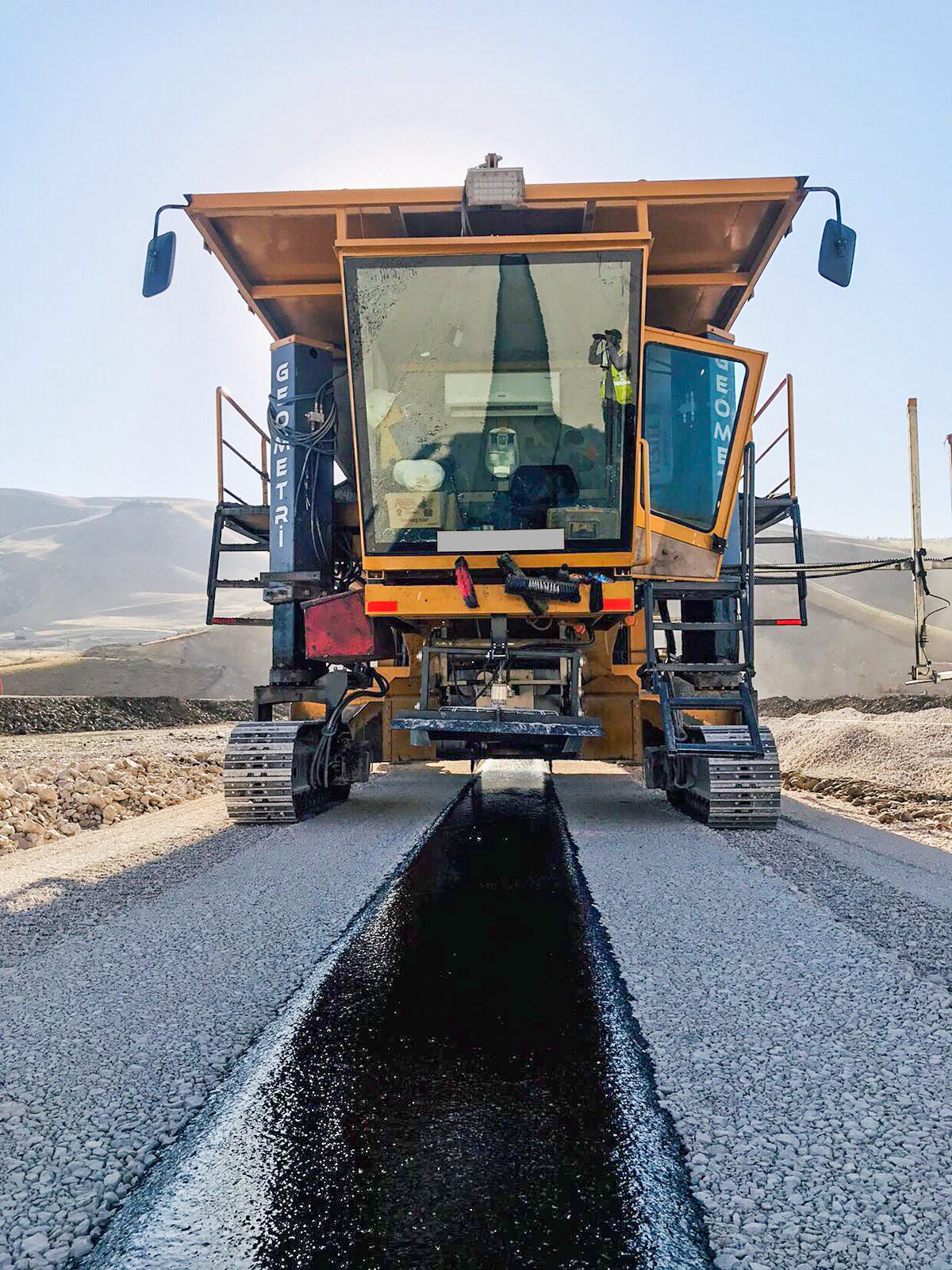

Le plus rentable de son secteur

EU Stage 5 /
US EPA Tier 4f

1200
mm


A Channel Zeroing Machine is designed to precisely level and prepare channels for concrete laying. By removing irregularities and ensuring a perfectly smooth surface, this machine plays a crucial role in preventing issues such as cracks and elevation differences in the final concrete structure. Its advanced technology allows for highly accurate excavation, ensuring that the foundation is solid and ready for the next phase of construction.
Les barrages à noyau d'asphalte, particulièrement répandus dans les pays européens et actuellement mis en œuvre en Turquie au barrage de Kars Karakurt et au barrage de Siirt Çetin, sont un type de barrage. Ces barrages empêchent les fuites d'eau grâce à la faible perméabilité de l'asphalte, ce qui permet d'utiliser moins de matériaux et de réaliser des économies par rapport aux barrages à noyau d'argile. En outre, les processus de coulage de l'asphalte sont résistants aux conditions météorologiques difficiles et peuvent se poursuivre même sous la pluie, ce qui réduit la perte de temps de construction. Cependant, il existe des inconvénients tels que l'importation de la matière première pour l'asphalte et la difficulté de couler pendant les mois d'été. Nevertheless, cost and performance analyses of this dam type suggest that it could be a pioneer for future projects in Turkey

One of the major advantages of these dams is that the permeability is almost zero and much less material is used compared to clay core dams. For example, a clay-core dam basically uses a 25-meter-wide core, whereas with asphalt-core dams this width can be reduced to just 2.05 meters. This results in significant savings in terms of both cost and time. In addition, asphalt paving operations are more resistant to harsher weather conditions and can continue even in light rain. This prevents extended working times and reduces extra costs.
Translated with DeepL.com (free version)

Asphalt core dams play an important role in managing and protecting water resources around the world. Such dams have excellent performance, particularly in terms of seepage control and stability. For example, a study at the Megech Dam in Ethiopia showed that asphalt concrete core dams are more effective in seepage control than clay core dams. In addition, the construction of asphalt core dams is less affected by weather conditions, reducing construction time and therefore costs. Countries such as Europe, Japan, China and Norway have built many such dams over the last 50 years, and now Brazil and Canada are building their first dams. Asphalt-core dams are important not only as an engineering achievement, but also for environmental sustainability; asphalt is a natural, non-toxic material that is ideal for drinking water reservoirs and does not harm the environment. These dams are particularly suitable for dams located in earthquake zones or on compressible soils, as the properties of asphalt concrete can be tailored to specific design criteria. Asphalt core dams offer an innovative and effective solution for managing and protecting water resources around the world.
Translated with DeepL.com (free version)
